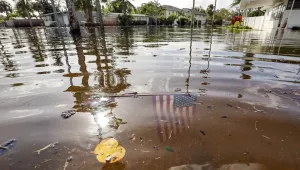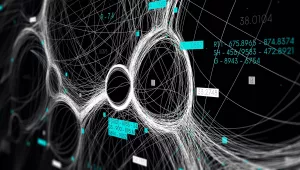Abstract
The lingering anger in New Orleans over the poor federal response to Hurricane Katrina is such that you can buy a T-shirt that reads "FEMA: Federal Employees Missing in Action." By now, one year after Hurricanes Katrina and Rita hit New Orleans and the Gulf Coast, most people are familiar with the catalogue of missteps by the Federal Emergency Management Agency (FEMA) in the days after the storm first hit. They read like recollections from a bureaucratic nightmare. FEMA denied local officials’ requests for rubber rafts needed to rescue victims because it was afraid the polluted waters would ruin them. It issued a press release telling first responders in neighboring states not to respond to the hurricane without being requested and lawfully dispatched by state and local authorities. It turned away trucks filled with water and refused to accept much-needed generators. It wouldn’t allow food to be delivered to New Orleans by the Red Cross. It ignored Amtrak’s offer of trains to evacuate victims. It tied up valuable offers of foreign aid in the form of water-purification systems and rescue ships. And it left 20,000 trailers, desperately needed for temporary housing, sitting in Atlanta.
Why was the response to Katrina so inadequate, and can FEMA be fixed? On the surface, the outlines of the problem are clear enough: By placing FEMA, formerly an independent agency, into a new Department of Homeland Security (DHS), the Bush Administration severely weakened FEMA, causing problems that can only be fixed by restoring its independence. But, beyond this reshuffling of boxes on the federal government’s organization chart, FEMA’s response points to a deeper and more serious problem. Hurricane Katrina may not be the once-in-a-century storm it was thought to be. Rather, in all likelihood it is a harbinger for what is likely to come in an era of global warming. Just as the attacks of September 11 served as a wake-up call for what could be decades of catastrophic terrorism, Katrina must be seen as a wake-up call for an era of potentially new and explosively expensive natural disasters.
Kamarck, Elaine. “The Gathering Storm.” Democracy: A Journal of Ideas, Fall 2006
The full text of this publication is available via Democracy: A Journal of Ideas.





